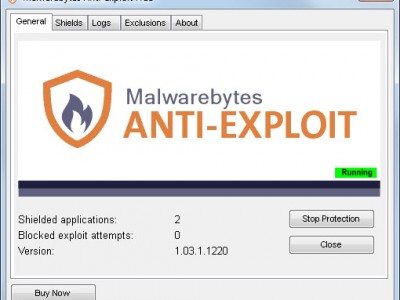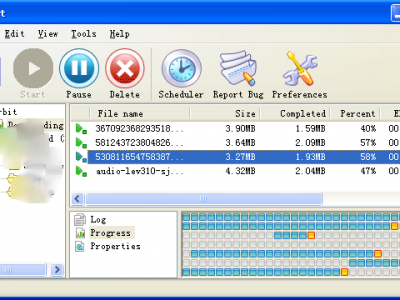
5 Tips to Keep Your Computer Safer From Viruses
As technology continues to expand in the digital age, it is important that everyone remembers how important it is to have a secure computer. Part of securing information is making sure that you are not only safe from viruses, but also other issues such as phishing or malware. To ensure that your computer remains safe from any of these threats, here are five tips to get you in the best possible position.
1. Keep Your Firewall Secure
Whether you download a third part firewall or merely use what was provided with your operating system, the integrity of a firewall can go a long way in preventing unwanted computer access. A good firewall will ensure that your Internet connections remain secure and that all of the data on your computer is only accessible to those you wish to allow. In some cases, a virus or malware can slip past and the firewall will be on the only thing keeping your computer safe from outside influence.
2. Never Submit Sensitive Information over a Non-Secure Connection
This is a common sense way to avoid giving away information to a party that might wish to do you harm. Easily enough, the way to tell that you have a secure connection is to look up at the part before the web address. If it says “http” then you do not have a secure connection. Instead, encrypted websites will operate under “https.” Knowing this will help you avoid sharing information with websites that might otherwise lead to a leak.
3. Install Quality Antivirus Software
The easiest way to get started is to install a good antivirus program. There are plenty of them out there, including some offered for absolutely free. Make sure it rates highly among reviews. It should be able to do the job for you.
4. Look for Anti-Phishing Options
While you are selecting an antivirus program, make sure that it is rated highly in its anti-phishing capabilities. Phishing can be just as harmful and often times more harmful than a traditional virus. With that in mind, most programs today offer anti-phishing as a regular part of the software suite. If yours does not, keep searching for other options. You are better off getting the entire package.
5. Avoid Potentially Harmful Websites
Avoiding potentially harmful websites starts with your basic web search. Most popular search engines use their own language, but the basic idea is that it will show a symbol of some sort and indicate that the website might be harmful. When at all possible, it is best to avoid these websites entirely. If necessary, browse these sites with caution and ensure that your antivirus software is up to challenge of the task at hand.
By following these five tips, you will be on your way to ensuring that all of your data remains safe. As with any other potential issue, always keep in mind that you are the first defense against anything that might come your way. If you keep these suggestions in mind, you are much more likely to stay free from viruses, malware or any other harmful computer bugs.


